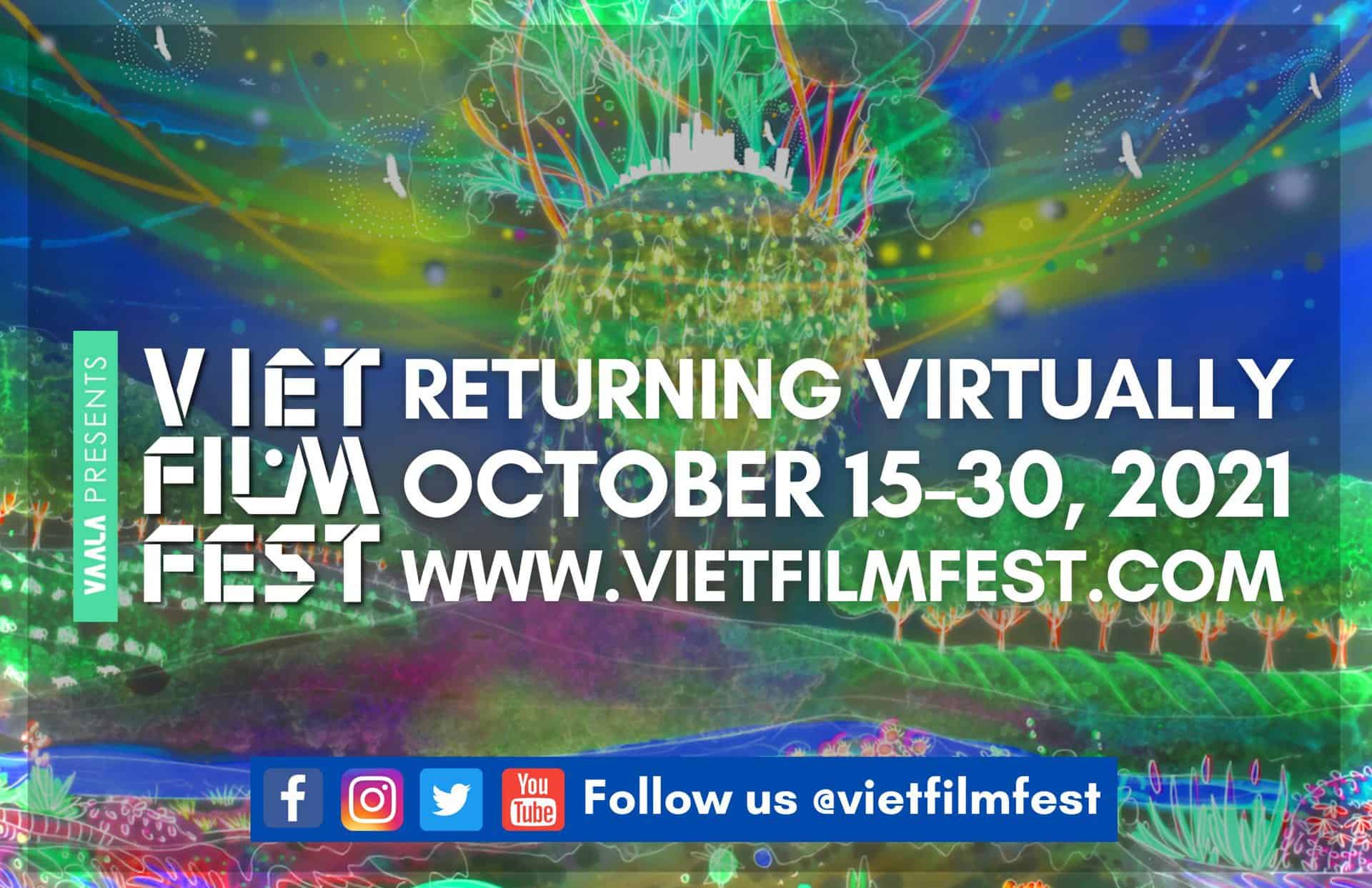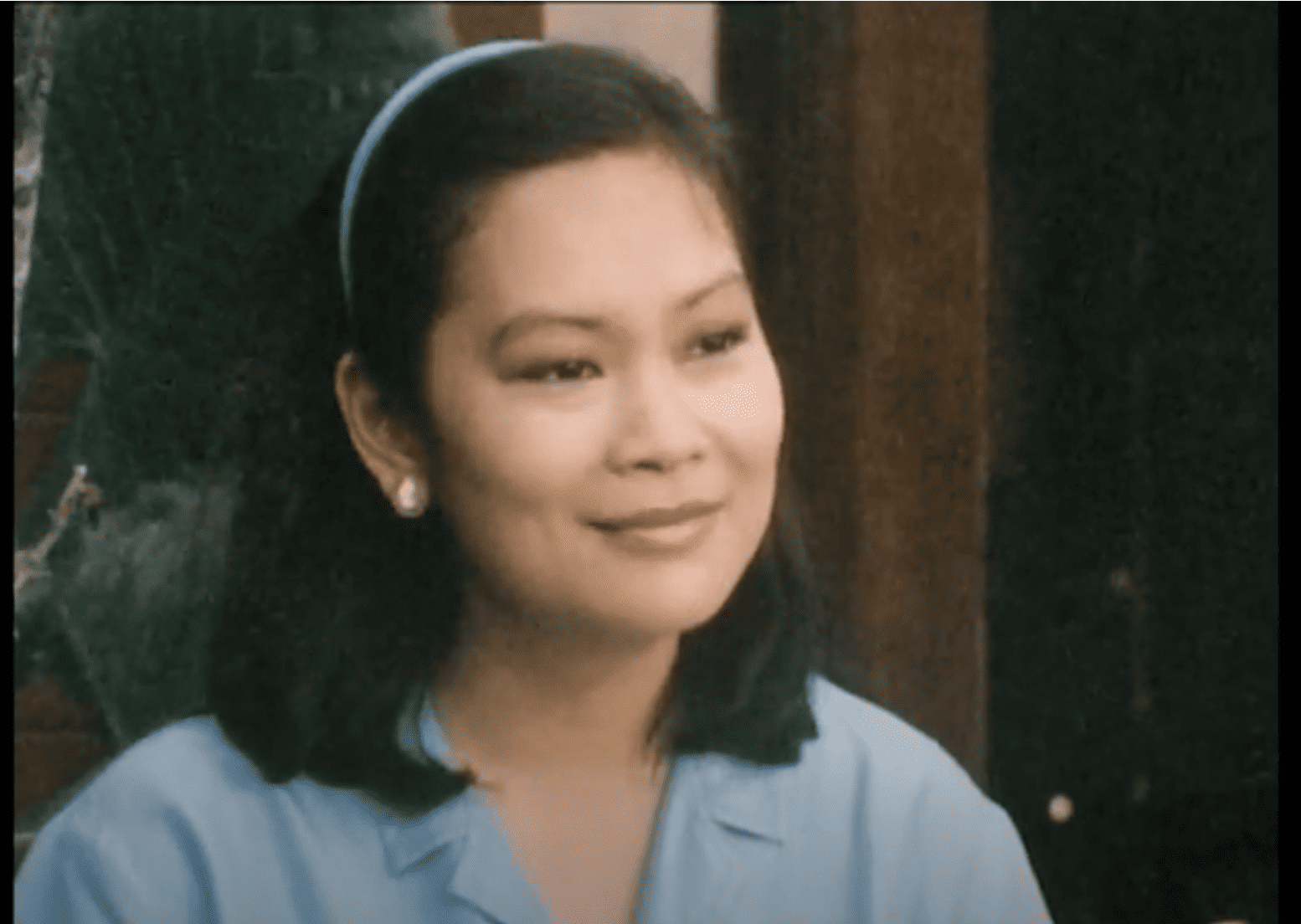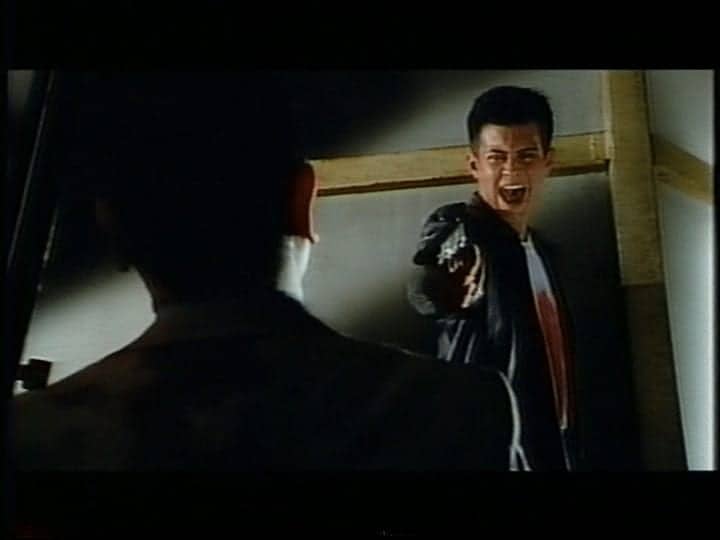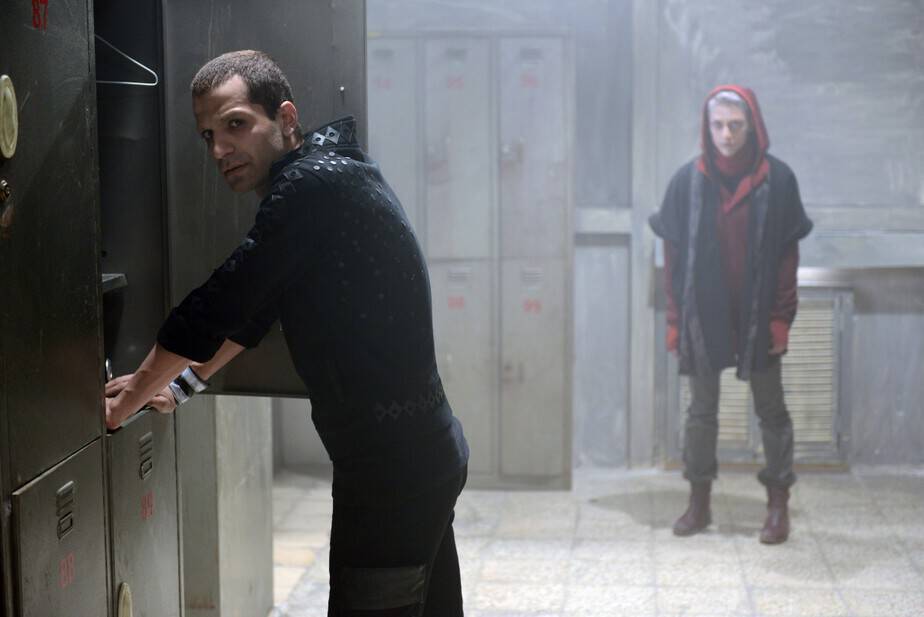Retaining a foreign culture in a foreign land is not exactly easy, particularly in such an assimilating society as the US one. As Đồ Thái Uyên, a San Diego legend who has managed funerals (and taxes) for Vietnamese families since the 1980s informs us, when she arrived in the country, the local funeral parlors did not know how, and were not particularly eager to care for her people's customs, which was what instigated her to start her own business.
The Morning Passing on El Cajon Boulevard is screening at Viet Film Fest

Now decades later, Julie, a a young and ambitious second generation Vietnamese American funeral director working in City Heights, known as the refugee neighborhood of San Diego, California, is following on her footsteps, also being part of an effort to retain Vietnamese culture, as herself informs us in the visually impressive introduction of the film. However, as Julie finds herself in the difficult position of having to bury her own father, she seeks the help of Đồ Thái Uyên. The 18-minute short focuses on the careers of the two women, Julie's time in the hospital, and all the details revolving around the preparation of the funeral.
Although obviously entailing a promotional aspect, the film is also quite sincere, in the way Julie's struggle is portrayed on camera, while the focus on the ritual adds an intense cultural and even ethnographic element to the narrative, which is essentially the most interesting part the movie.
Kayla Tong's cinematography is excellent, starting from the initial frame and the duality of the images that seems to characterize the majority of the scenes, which is even intensified by the presence of two different subtitles, English and Vietnamese, on either side of the screen. The frames of the two women in front of their businesses is also rather memorable, while the finale cements the prowess in this aspect in the best way. Quyên Nguyen-Le's own editing induces the film with a sense of speed that works quite well, while the succession of the scenes is ideal in presenting the main subject as thoroughly as possible, without being repetitive.
“The Morning Passing on El Cajon Boulevard” will hold interest mostly for Vietnamese immigrants in the US, but the cinematic value of the production values and the ethnographic elements deem it also interesting for people outside the particularly demographic.
















